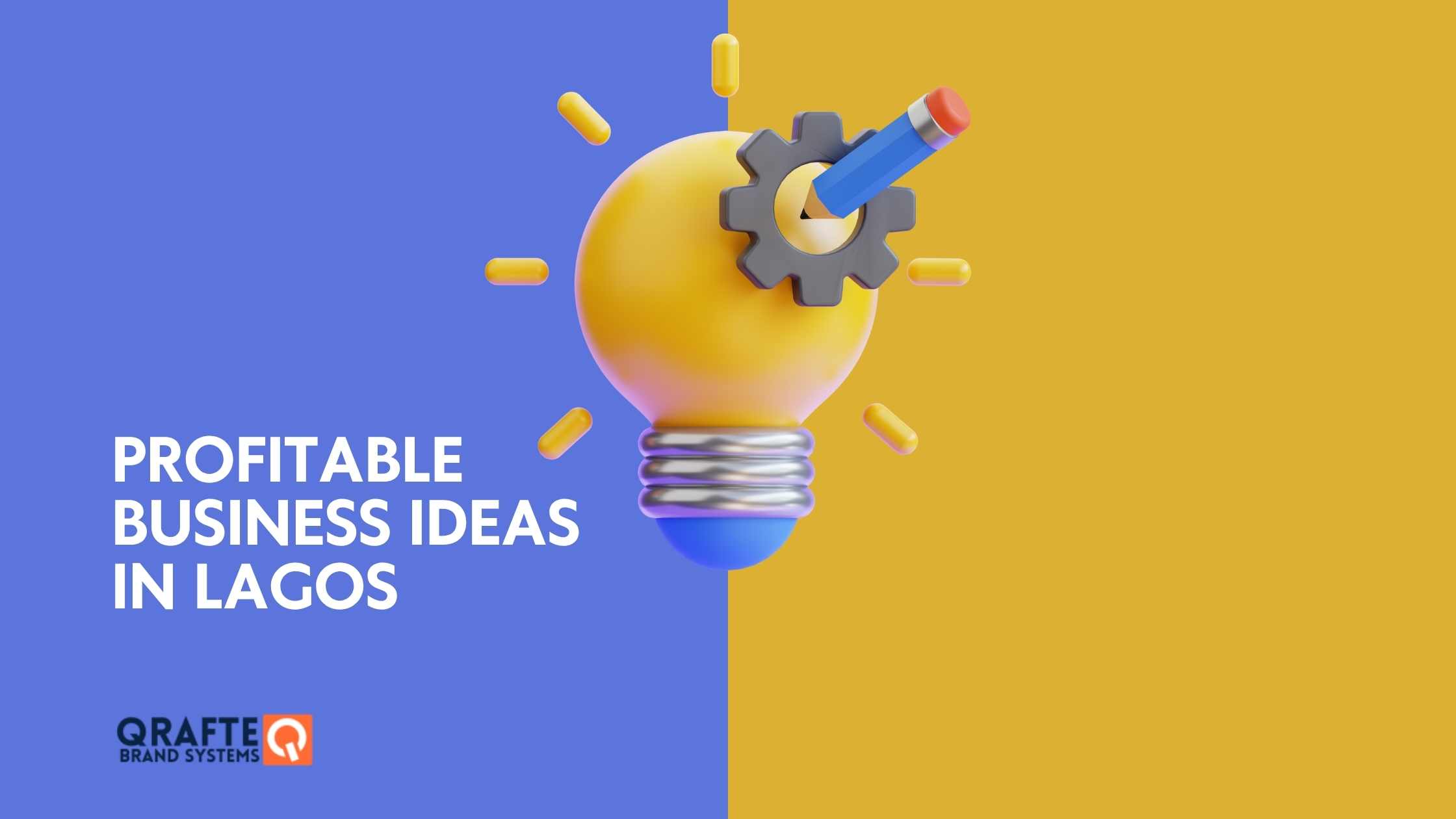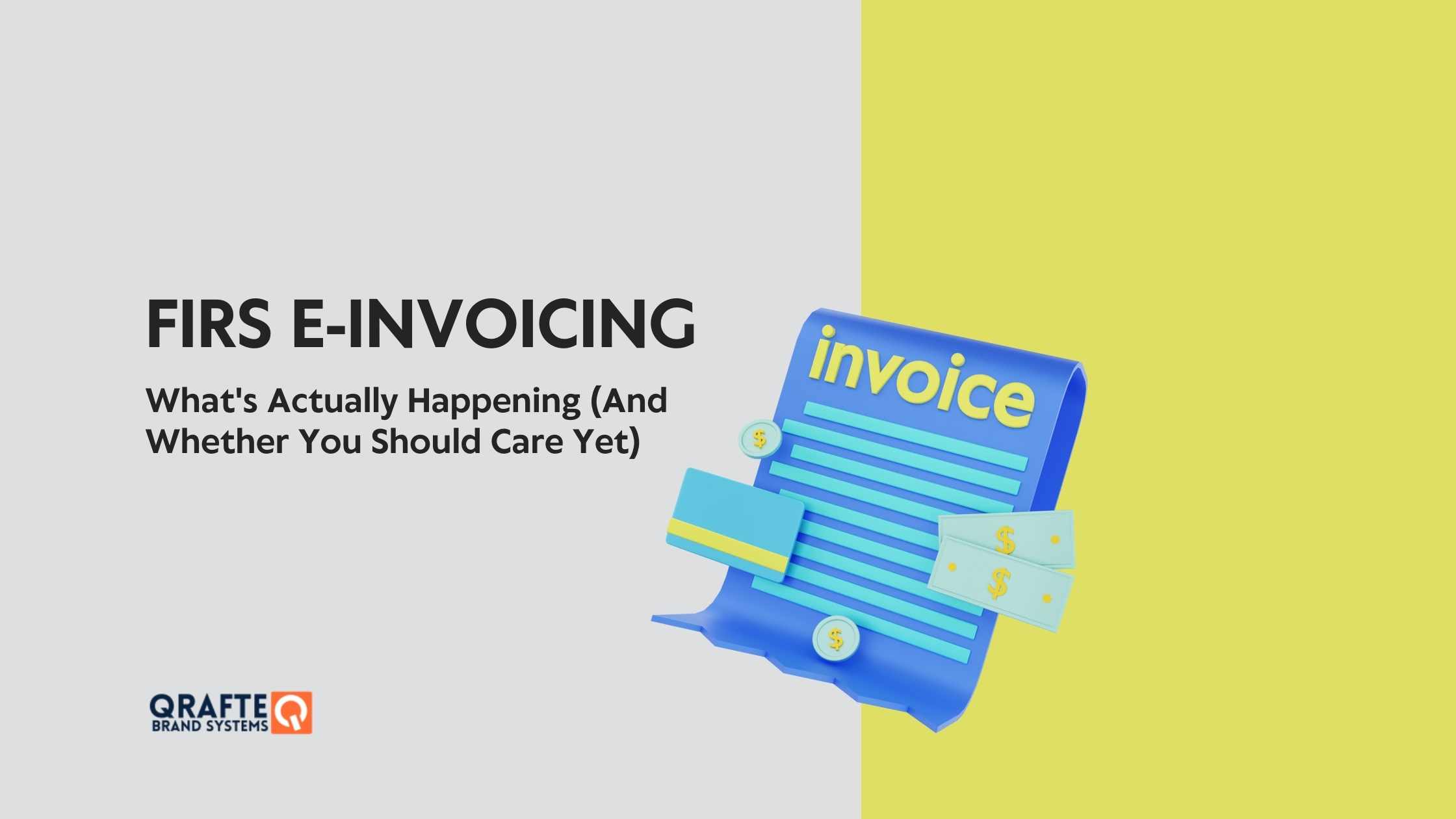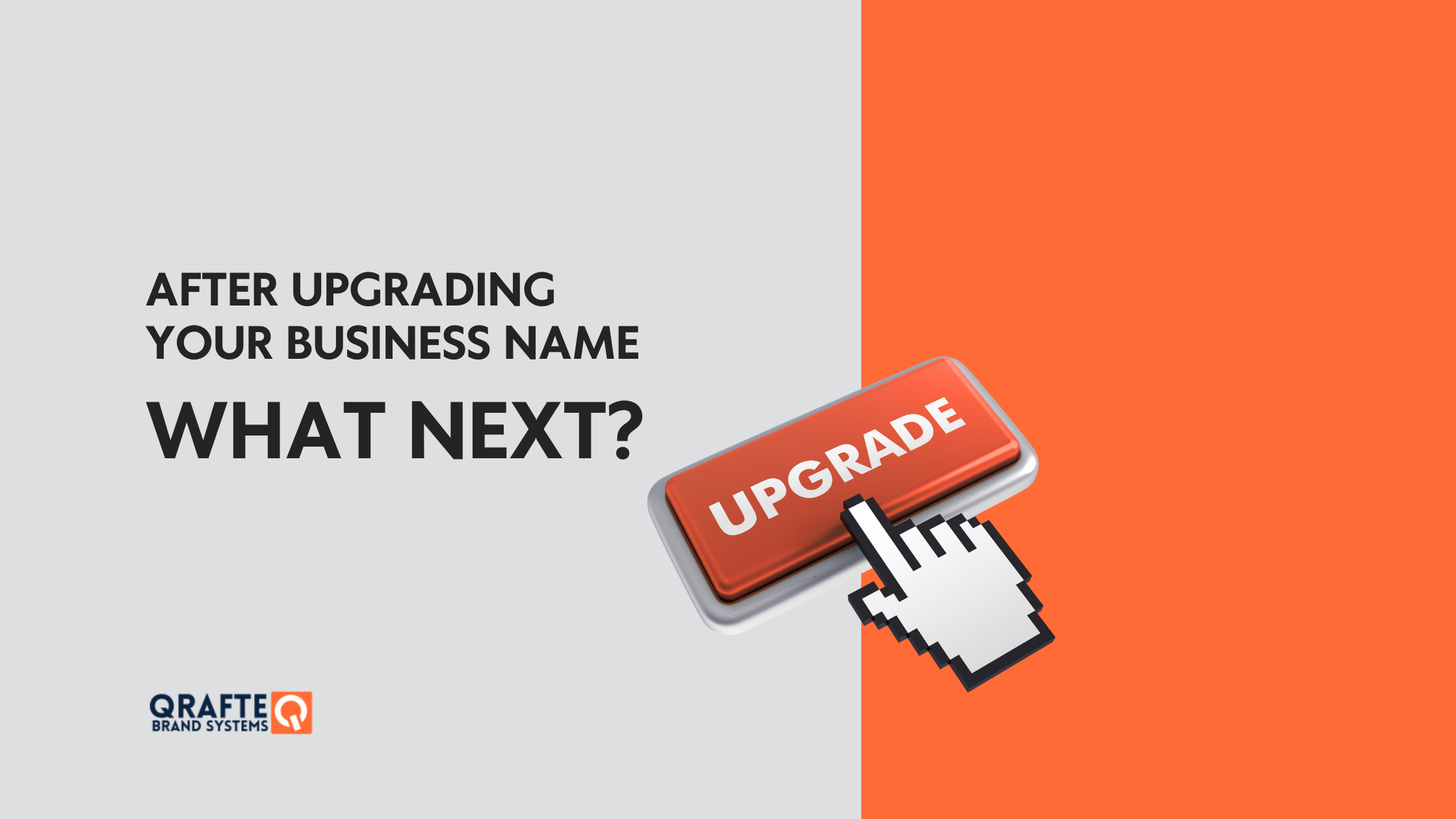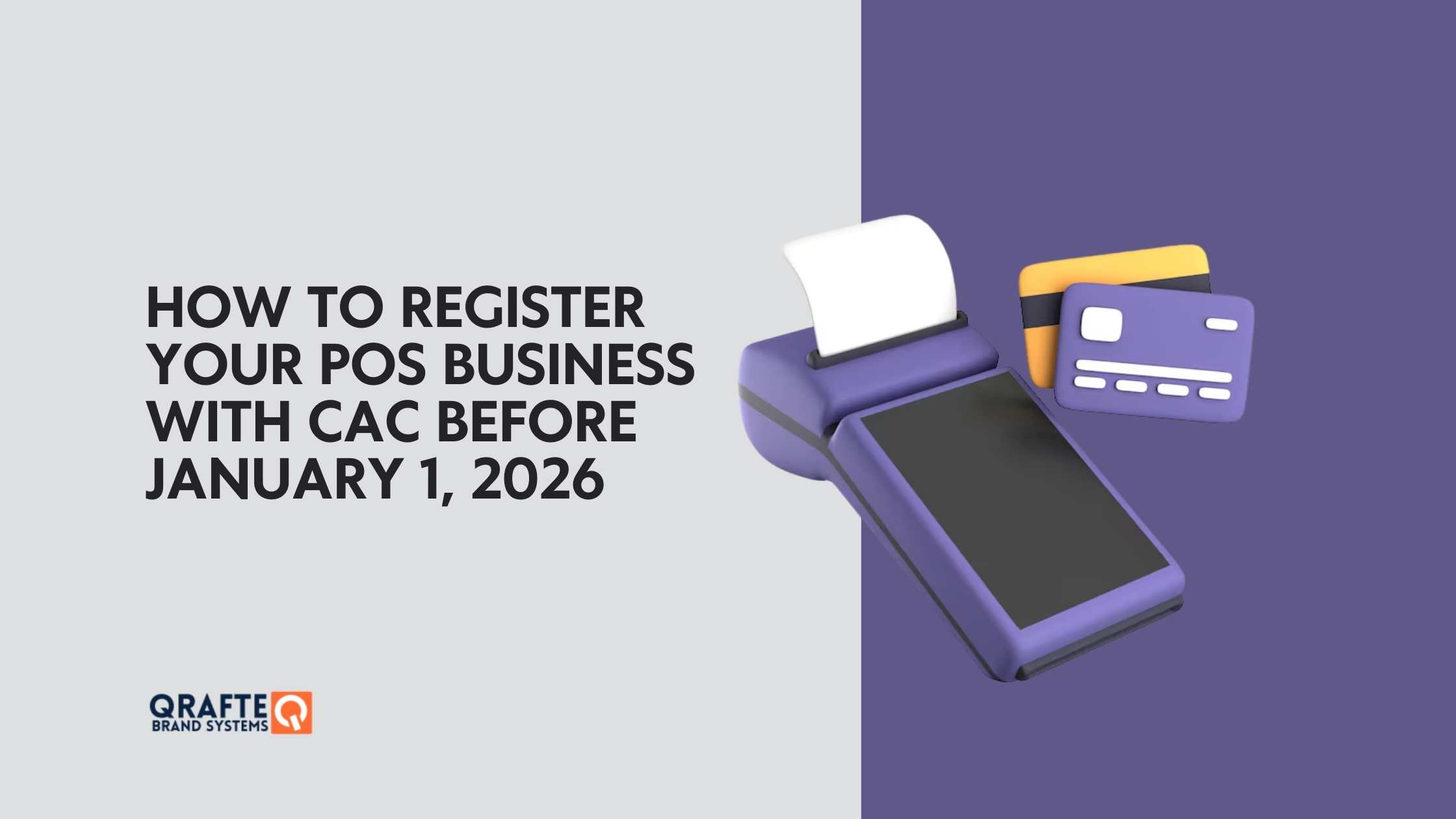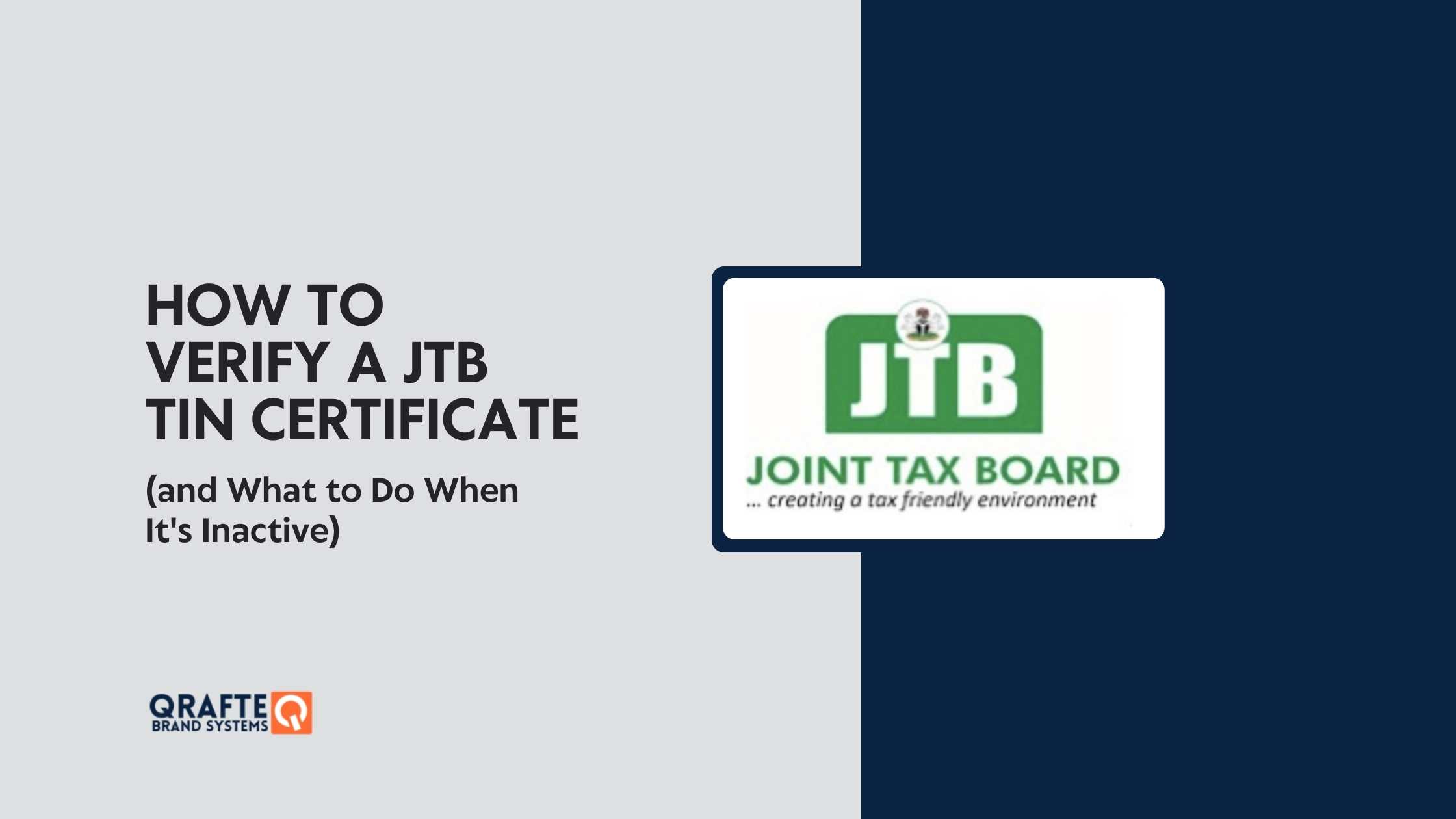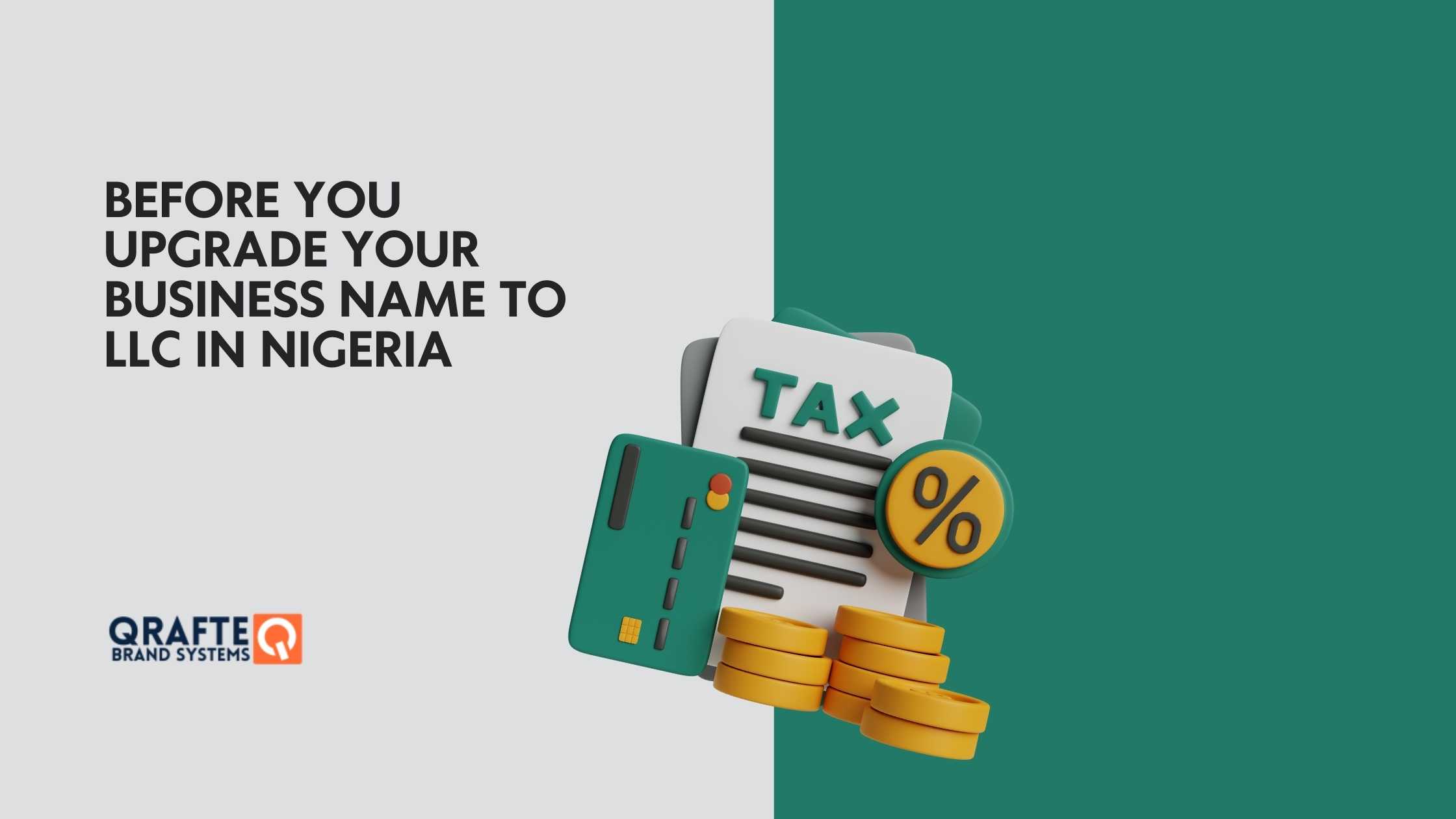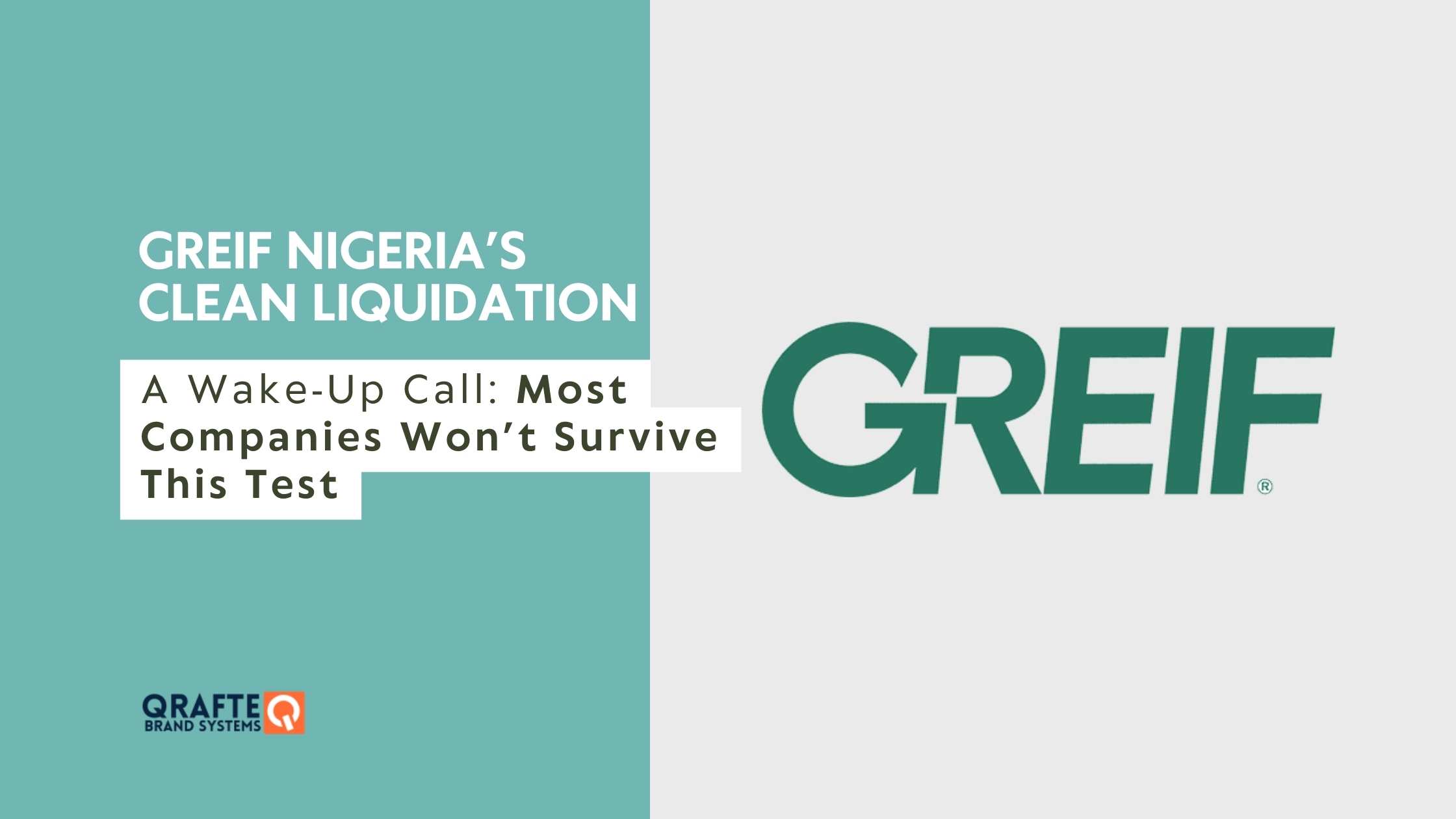Key Points
- Related Reading: New CAC Fees 2025: Full List of Increased Prices CAC Fees for Different Business Types in 2025 How to Calculate Your CAC Fees in 2025
- The reality: You can absolutely make money in Lagos, but you need to be smart, persistent, and realistic about challenges
- What you need to start in 2025: A small truck or large pickup is essential and expensive
- You need capital, skills you can learn, and willingness to work hard
- You need reliable parts suppliers in Computer Village who won’t sell you fake batteries or refurbished screens they claim are original
5 Profitable Business Ideas in Lagos: Sarah sells food from her one-bedroom flat in Ikeja. Last month, she made ₦800,000. No shop. No fancy kitchen. Just her small apartment, WhatsApp, and three delivery guys on okada.
David started fixing phones in Computer Village with ₦25,000. He now owns three shops and employs six people.
These aren’t success stories from motivational books. These are real people making real money in Lagos right now, this minute, while you’re reading this.
The question isn’t whether Lagos has business opportunities. It has thousands. The question is: which ones actually work when you’re starting with limited capital and no connections?
This guide shows you five businesses that are working today, with real numbers, real challenges, and real profit potential.
Why Lagos is Different (And Why That Matters)
Lagos generates 30% of Nigeria’s GDP. That’s roughly ₦50 trillion flowing through this city every year. Twenty-one million people live, work, eat, and spend money here daily.
But here’s what most business guides won’t tell you: Lagos is expensive, competitive, and unforgiving. Start the wrong business in the wrong location with the wrong approach, and you’ll burn through capital faster than you thought possible.
The difference between Lagos and everywhere else? People here pay for quality and convenience. In other Nigerian cities, price matters most. In Lagos, time matters more. Traffic is terrible. Lines are long. Stress is high. If you can solve any of those problems reliably, people will pay you.
That’s your opening.
The 5 Profitable Business Ideas in Lagos That Actually Work
1. Food Delivery Business (Start with ₦250,000)
Lagos traffic is legendary for all the wrong reasons. Ikeja to Victoria Island takes three hours during rush hour. Nobody making decent money wants to waste their lunch break sitting in that traffic just to buy jollof rice.
That’s why food delivery makes money in this city.
Chidi figured this out in 2023 when he was working a corporate job he hated. He started small – cooking jollof rice at home in Surulere and delivering to offices in Victoria Island. He found professional help to handle his business registration properly (because banks won’t open corporate accounts for unregistered businesses), invested ₦220,000 in setup, and hired three okada riders.
Now he serves eight office buildings and clears ₦400,000 monthly profit. His secret isn’t complicated: hot food delivered in 30 minutes, same taste every day, and he shows up when he says he will. Reliability beats fancy in Lagos every single time.
What you actually need to start:
Your startup costs break down to about ₦250,000 minimum for a lean operation in 2025 Lagos. Let’s be honest about what things actually cost now.
You’ll need reliable okada riders at ₦20,000 weekly each – that’s the going rate now, not ₦15,000. For three riders, budget ₦60,000 weekly or ₦240,000 monthly. Someone needs to cook consistently, and if it’s not you, you’re paying ₦60,000 to ₦80,000 monthly for a decent cook who won’t disappear after two weeks.
A working smartphone with WhatsApp Business costs about ₦150,000 minimum for a new, basic Android phone that won’t embarrass you in front of customers. You can find fairly used (tokunbo) phones for ₦85,000 to ₦100,000, but be careful – buying stolen phones is a real risk, and they can get blocked or cause police wahala. If you already own a decent smartphone, use it. Don’t buy new just for the business unless yours is truly unusable. A small freezer for food storage runs ₦60,000 to ₦80,000 – prices went up. Food warmers and proper packaging materials cost at least ₦25,000 for quality items that actually keep food hot.

Then there’s the cooking equipment. A 12.5kg gas cylinder is ₦50,000 to ₦60,000 now. Gas refill is ₦17,500. You’ll need at least two refills monthly, that’s ₦35,000 just for gas. Good cooking pots, serving spoons, and basic kitchen equipment add another ₦20,000.
Your initial food supplies – rice, tomatoes, chicken, spices, oil – will cost ₦50,000 to ₦70,000 for enough inventory to start properly. Rice alone is expensive now.
Realistic first-month costs:
- Riders (1 month): ₦240,000
- Cook: ₦70,000
- Smartphone (new): ₦150,000 (or ₦0 if using your own)
- Freezer: ₦70,000
- Gas cylinder: ₦55,000
- Gas refills (2): ₦35,000
- Food warmers & packaging: ₦25,000
- Cooking equipment: ₦20,000
- Initial food supplies: ₦60,000
- Total: ₦725,000 for month one with new phone
NB: This prices may be different due to constant fluctuation
But you can start leaner. Many people begin by cooking themselves (save ₦70,000), using their existing smartphone (save ₦150,000), using one rider instead of three initially (save ₦160,000), buying a smaller freezer (save ₦20,000), and working from their existing kitchen setup.
Lean startup: ₦250,000 to ₦300,000 if you’re cooking yourself, using your current phone, and starting with one rider.
The areas that actually pay:
Victoria Island offices will pay ₦2,500 to ₦3,500 per meal without blinking. Ikeja GRA offices sit around ₦1,500 to ₦2,000. Lekki startups fall somewhere in between at ₦1,500 to ₦2,500. These aren’t aspirational prices, this is what people are paying right now for lunch delivery. Might differ though.
How this actually works day-to-day:
Your first week is all about nailing one signature dish. Jollof rice works best because everyone eats it and it’s hard to mess up badly. Test your recipe on honest friends who’ll tell you the truth.
Week two, you’re visiting office buildings during lunch hours. Give free samples to receptionists and security guards. They know everyone, they eat every day, and they talk. Security guards are your best marketing channel in Lagos office buildings.
By week three, you’ve got a WhatsApp Business account with a simple menu. Keep it to three items maximum. Clear prices. No confusing options or variations. Office workers making quick lunch decisions don’t want complexity.
Week four, start taking orders and deliver them yourself. You need to learn the timing, understand the traffic patterns, know which shortcuts work and which ones waste time.
Month two, hire your okada riders. Train them properly. Get them simple branded shirts or vests and proper food bags. It doesn’t need to be expensive, just clean and identifiable.
Your daily routine becomes predictable: cook 50 to 100 portions every morning, package properly, send food photos to your WhatsApp groups by 10 AM, take orders until 11 AM, deliver everything between noon and 2 PM. Sleep. Repeat.
The actual numbers in 2025:
Let’s be realistic about costs and pricing. Your food cost per portion is now about ₦600 to ₦700 (rice, chicken/beef, and ingredients aren’t cheap anymore). Packaging is ₦80 to ₦100 per portion for quality food containers. Delivery per meal costs ₦150 to ₦200.
If you sell at ₦1,500 (which is the low end for VI offices):
- Food cost: ₦650
- Packaging: ₦90
- Delivery: ₦180
- Your profit: ₦580 per meal
Sell 40 meals daily at that margin = ₦23,200 daily profit = ₦464,000 to ₦580,000 monthly profit after all direct costs.
But remember your fixed costs: rider wages, gas refills, phone data, occasional equipment replacement. Factor in about ₦150,000 monthly in fixed costs. Your net profit settles around ₦300,000 to ₦450,000 monthly once you’re established.
The problems you’ll face are predictable. Food goes cold – invest in proper warmers. Delivery delays happen – have backup riders. Inconsistent taste kills repeat customers – stick to simple recipes you can execute perfectly every time. Payment issues early on – cash on delivery only until you trust the customer.
Monthly profit potential: ₦300,000 – ₦600,000 (after all costs)
2. Phone Repair Services (Start with ₦80,000)
Everyone in Lagos has a phone. Most people have two. All of them break eventually. Cracked screens, dead batteries, water damage, software problems – it’s constant.
Twenty-one million people in Lagos means roughly 30 million phones. If just 1% of those phones break monthly, that’s 300,000 repair jobs. You don’t need all of them. You just need enough.
Tunde was driving taxi in 2023, making ₦40,000 monthly and hating it. He spent three months watching YouTube repair videos obsessively while saving money. Started fixing phones in his parlor in Alaba. Word spread the way it spreads in Lagos neighborhoods – fast. Within eight months, he had enough regular customers to open a small shop in Computer Village. Now he’s clearing ₦350,000 monthly and training two apprentices.

His best month was December 2024 when he made ₦480,000 profit. People break phones more during festive periods. Parties, travel, rushing around shopping – broken screens everywhere.
What you need to get started:
A proper repair tools set now costs ₦40,000 to ₦50,000 in 2025 if you’re buying quality tools that won’t break after two phones. That includes screwdrivers, heat gun, suction cups, and opening tools. Cheap tools from Alaba look tempting at ₦15,000, but they’ll frustrate you and damage expensive phones.
More important than tools is finding a reliable parts supplier in Computer Village – this costs you nothing but time and building relationships. Small workspace with good lighting runs ₦25,000 to ₦35,000 monthly rent depending on location. A decent multimeter costs ₦10,000 now, not ₦8,000. Add a basic workbench and chair (₦20,000), and you’re looking at ₦80,000 to ₦100,000 minimum to start properly.
Lean option: Start from home, buy ₦40,000 worth of essential tools only, use your phone torch for lighting initially, and upgrade as money comes in. That’s ₦80,000 minimum.
The repairs that actually make money in 2025:
Screen replacement profits have gotten better because customers pay more now. You’re making ₦4,000 to ₦5,000 profit per screen replacement on average. Battery replacements give you ₦2,000 to ₦2,500 profit per phone. Charging port repairs run about ₦2,500 to ₦3,000 profit. Software fixes remain pure profit at ₦1,500 to ₦2,000 per phone because they cost you nothing but time and knowledge.
How to learn this business:
Month one is pure learning. YouTube channels like JerryRigEverything and iPad Rehab become your evening entertainment. Buy broken phones cheap, practice on them, learn iPhone and Samsung repairs first because they’re most common.
Month two, fix phones for family and friends. Charge small fees. Build confidence. Make your mistakes on phones that won’t cost you reputation.
Month three, launch properly. Start from home if possible. Tell everyone you fix phones. Join local WhatsApp groups. Put up a small sign if your landlord allows it.
Month four, if you’re making ₦80,000 or more monthly, consider renting a small shop. Computer Village has high rent but massive foot traffic. Alaba Market offers lower rent with decent traffic. Or just pick any busy market near you – students break phones constantly if you’re near a university.
Building supplier relationships:
This is crucial and most people mess it up. You need reliable parts suppliers in Computer Village who won’t sell you fake batteries or refurbished screens they claim are original. Test their parts quality on your practice phones first. Show up consistently. Pay on time. The good suppliers give better prices to regular customers they trust.
What makes customers come back:
Give a one-month warranty on all repairs. Always call customers when their phone is ready – never make them call you. Keep the broken parts in a small bag to show them what you fixed. Offer free phone checkups – it takes two minutes and builds trust. And for the love of everything, be honest. If you can’t fix it, say so immediately. Lagos is small. Reputation spreads.
Growth looks like this:
Start with basic repairs everyone needs. As you build capital and skill, learn advanced motherboard repairs that pay more. Add phone accessories sales – cases, chargers, screen protectors. Eventually train apprentices who pay you to learn. The really successful guys open multiple locations or pivot to wholesale phone parts supply.
Monthly profit potential: ₦180,000 – ₦550,000
3. Fish Farming (Start with ₦400,000)
Lagos people love fish. Fresh catfish sells for ₦1,500 per kilogram in local markets, ₦2,000 per kilogram in supermarkets. You can produce it for about ₦600 per kilogram.
The math is simple. The margins are real. The demand keeps growing.
Kemi was a civil servant making ₦120,000 monthly from her government job. She wanted extra income that didn’t require showing up somewhere every day. She started fish farming in her backyard in Ikorodu with four plastic ponds. Got her business documentation sorted professionally because she planned to supply restaurants and needed to look legitimate on paper.

Now she supplies 12 restaurants in Lekki and Victoria Island. Every six months when her fish mature, she harvests and makes ₦700,000 per pond cycle. Four ponds. That’s ₦2.8 million yearly from her backyard, and she still keeps her government job.
Her customers include mid-range restaurants that need consistent fresh fish supply. They pay premium for reliability. The Lagos restaurant business moves fast. If your supplier disappears or delivers inconsistent quality, they’re replacing you the same day.
The actual setup costs:
Land is your first consideration. You can rent small plots in Ikorodu for about ₦50,000 yearly. Four plastic fish ponds cost ₦40,000 each – that’s ₦160,000 total. You need a water source and basic pumping system (₦60,000). Fingerlings – those are baby fish – run about ₦30,000 for 2,000 pieces. Fish feed for six months costs roughly ₦80,000. Basic equipment like nets, buckets, and feeders add another ₦20,000.
Fish types that work in Lagos:
Catfish is king here. Grows fast (six months from fingerling to harvest), handles Lagos weather, doesn’t die easily, and everyone buys it. Tilapia fetches premium prices and restaurants love it, but it’s slightly more delicate. Mackerel works well for the smoking market if you want to go that route.
How a complete cycle actually works:
Month one, you buy 500 fingerlings per pond. Feed them three times daily. Monitor water quality obsessively because bad water kills fish faster than anything.
Months two and three, your fish grow rapidly. You’re increasing feeding portions as they get bigger. Checking for diseases daily. This is when most beginners lose fish due to water management mistakes.
Months four and five, fish reach 300 to 500 grams each. Some early harvesting is possible if you have immediate buyers, but waiting until month six gives you bigger fish and better prices.
Month six is harvest time. From 500 fingerlings, you’ll average about 400 surviving fish at roughly 600 grams each. That’s 240 kilograms per pond.
The profit math per pond in 2025:
Production cost is about ₦850 per kilogram now when you factor in everything. For 240 kilograms, that’s ₦204,000 total cost per pond. You sell at an average of ₦2,000 per kilogram to restaurants and markets – that’s ₦480,000 revenue. Your profit per pond is ₦276,000 per cycle. Four ponds = ₦1,104,000 every six months.
That’s real money, but remember – fish farming has losses. Disease, theft, water problems – you lose fish. Most farmers report 70-80% survival rates, not 80-90%. Budget conservatively.
Where to actually do this near Lagos:
Ikorodu has the cheapest land and good water access. Epe offers larger spaces if you’re thinking bigger. Agege is closer to Lagos markets if you’re selling locally. Badagry works for large-scale operations but you need transport sorted.
Getting customers before harvest:
This is critical. Don’t grow fish hoping customers appear. Visit restaurants personally before you even start farming. Bring samples of your plans. Offer trial supply. Build relationships with hotel chefs. WhatsApp is your sales tool. By month four, you should know exactly who’s buying your entire harvest.
Problems you’ll definitely face:
Water pollution kills fish fast. Test water quality regularly and know how to fix issues. Fish diseases spread rapidly in crowded ponds. Learn basic fish health management. Power outages affect water pumps. Have backup power or manual pumping solutions. Market access is everything. Build your customer base months before harvest, not after.
Monthly profit potential: ₦350,000 – ₦900,000 (averaged over the 6-month cycle)
4. Online Tutoring (Start with ₦100,000)
Lagos parents spend serious money on their children’s education. Private lessons run ₦5,000 to ₦15,000 per subject monthly. Since COVID-19, online teaching went from “interesting experiment” to “normal thing parents trust.”
They’ve seen results. Kids learn from home. No Lagos traffic. No safety concerns. Same quality. Often better because students who were shy in classroom settings thrive in smaller online groups.
Jennifer was a secondary school teacher earning ₦80,000 monthly when schools shut during COVID. She needed income immediately. Got help setting up her teaching business properly and started teaching mathematics online from her living room in Surulere.
Now she has 35 students across four different class levels. Makes ₦450,000 monthly. Her students come from Lekki, Victoria Island, Ikeja GRA – areas where parents value quality education and pay for it without drama.
What you need to start teaching online in 2025:
Reliable internet is non-negotiable and costs more now. Budget ₦20,000 to ₦25,000 monthly for a good fiber connection because choppy video destroys the learning experience and parents won’t tolerate it. You need a decent laptop or large tablet – ₦120,000 to ₦150,000 for something that won’t embarrass you or freeze during classes. A used laptop might work, but buy from someone reputable.
Good webcam and microphone matter more than you think. Parents judge professionalism by audio and video quality. Budget ₦25,000 to ₦30,000 for decent equipment. A small whiteboard or digital teaching pad for explaining concepts costs ₦8,000 to ₦10,000. Teaching materials and relevant textbooks run ₦15,000 to ₦20,000. Zoom Pro subscription is now ₦10,000 to ₦12,000 monthly, and you need it for sessions longer than 40 minutes.
Minimum realistic startup: ₦100,000 to ₦120,000 if buying new equipment. You can start cheaper with a working laptop you already own.
Subjects that actually make money in 2025:
Mathematics remains king. It’s the hardest subject for most students, highest demand, parents pay ₦10,000 to ₦15,000 monthly per student without hesitation now. English Language works because all students need it – ₦8,000 to ₦12,000 monthly. Physics and Chemistry command ₦9,000 to ₦15,000 monthly. Further Mathematics is specialized enough that you can charge ₦12,000 to ₦18,000 monthly if you’re good at it. JAMB/WAEC preparation classes during exam season? Parents pay ₦15,000 to ₦25,000 for intensive programs.
How to actually start:
Week one and two, pick your strongest subject. Create a simple curriculum. Plan eight lessons for the first month. Don’t overcomplicate it.
Week three, create a WhatsApp Business account. Design a simple flyer on Canva. Share with parents you know. Join parents’ WhatsApp groups if you can.
Week four, offer free trial lessons to the first five interested students. Record video testimonials from satisfied parents – this is your marketing gold.
Month two, launch paid classes. Start with small groups of five to eight students maximum. Charge ₦5,000 per student to build initial reputation.
Month three, if demand exists, add more subjects. Or hire other qualified teachers for subjects you don’t teach and take a commission.
Class structure that works in Lagos:
Small groups of five to ten students maximum work best. Everyone gets attention. You can manage the chaos. Each session should be 1.5 hours. Four sessions monthly per subject. Weekend classes work better than weekday evenings because students are less tired. Record all sessions for students who miss class – parents love this feature.
Pricing that the market accepts in 2025:
Group classes run ₦8,000 to ₦12,000 per student monthly now. One-on-one tutoring commands ₦15,000 to ₦25,000 per student monthly. Exam preparation programs (WAEC, JAMB, SAT) fetch ₦15,000 to ₦20,000 per student for intensive sessions. Assignment help is ₦3,000 to ₦4,000 per assignment for quick money.
How to find students:
Join parent WhatsApp groups and contribute valuable education tips without being salesy. Partner with private schools to offer after-school programs. Create a referral program – give current students discounts when they bring friends. Share educational tips on Instagram and Facebook consistently. Lagos parents scroll social media. Be visible.
What makes students stay:
Always start and end on time. Lagos parents notice punctuality. Give homework and actually check it. Send progress reports to parents monthly. Celebrate student achievements publicly. Maintain discipline during online classes – mute rowdy students without shame.
How to scale this:
Hire qualified teachers as demand grows. Create recorded courses that students can buy and watch anytime. Start exam preparation boot camps during holiday periods. Partner with schools for bulk tutoring programs where you supply teachers.
Monthly profit potential: ₦250,000 – ₦700,000 (after internet and platform costs)
5. Waste Management Services (Start with ₦250,000)
Lagos generates 13,000 tons of waste every single day. That’s not just an opportunity, it’s a gold mine sitting in plain sight while everyone complains about dirty streets.
Rich neighborhoods pay premium prices for reliable waste collection. Government trucks are unreliable, showing up randomly or not at all. Private estates, office buildings, and upscale residential areas need consistent service. They pay monthly. Steady, predictable income.

Emeka noticed this in his Lekki neighborhood. Government trucks came irregularly. Waste piled up. People complained but nobody did anything. He got his business properly registered (because estate management companies only deal with registered businesses), bought a small used truck, and started collecting waste.
Now he serves 15 estates and 20 office buildings. Eight staff members. Three trucks. Makes ₦900,000 monthly profit. His clients include estates along Chevron Alternative Route, parts of Lekki Phase 1, and several Victoria Island offices. They pay on time because trash pickup isn’t something you delay.
What you need to start in 2025:
A small truck or large pickup is essential and expensive. Used vehicles now run ₦1,200,000 to ₦1,500,000 minimum for something that won’t break down constantly. Or you can hire one for ₦80,000 to ₦100,000 monthly initially – hiring makes more sense when starting. Waste collection bins and heavy-duty bags cost ₦40,000 to ₦50,000. You’ll need two to three reliable staff members at ₦50,000 to ₦60,000 monthly each now – nobody works for ₦40,000 anymore. Protective gear including quality gloves, boots, and branded uniforms runs ₦35,000 to ₦40,000. Budget ₦30,000 monthly for vehicle maintenance and fuel costs went crazy. Getting proper permits and business documentation costs about ₦20,000 to ₦25,000 upfront.
Minimum realistic startup: ₦250,000 to ₦300,000 if hiring a vehicle, or ₦1.5M+ if buying.
What people actually pay in 2025:
Residential estates vary by area and prices went up. Individual houses pay ₦4,000 to ₦6,000 monthly now. Apartment units pay ₦2,500 to ₦4,000 monthly. Full estate-wide contracts run ₦800,000 to ₦2,500,000 monthly depending on size and location.
Commercial clients pay significantly more. Small offices pay ₦10,000 to ₦18,000 monthly. Restaurants generate massive waste daily – ₦25,000 to ₦50,000 monthly. Shopping complexes pay ₦150,000 to ₦400,000 monthly. Hotels range from ₦80,000 to ₦200,000 monthly.
How to actually start this business:
Month one is research. Visit estate management companies in your target area. Understand their current waste problems. Who collects now? How often? What complaints do they have?
Month two, get your permits sorted and register your business properly. Buy or rent your vehicle. Hire your initial staff and train them well on customer service because you’re entering people’s homes.
Month three, start with one or two small estates. Provide excellent service. Show up on time. Be professional. Build reputation because Lagos estate WhatsApp groups share information fast.
Months four to six, expand to more estates. Add commercial clients. Standardize your operations so you can scale without chaos.
Where to target first:
Lekki estates pay the highest rates and residents pay reliably. Victoria Island offices have high waste volume and premium pricing. Ikeja GRA offers good balance between price and volume. Surulere estates represent a growing middle-class market willing to pay for quality service.
How daily operations work:
Collect waste two to three times weekly per client. Early morning collections between 6 AM and 10 AM avoid peak traffic and heat. Sort recyclable materials as you collect – that’s additional income. Keep your vehicles clean and branded. Ensure staff wear uniforms. Professional appearance matters more than you’d think.
Additional income streams:
Monthly collection fees are your base. But recyclable materials like plastic, metal, and paper can be sold separately. One-time cleanup jobs after events or deep cleaning services pay well. Some operators even start organic waste composting and sell compost to farmers.
Problems you’ll face:
Vehicle breakdowns happen. Have backup vehicle arrangements or relationships with other waste operators for emergency coverage. Staff reliability is constant challenge – hire from the local area, pay fairly, provide clear incentives. Payment delays from some clients – require advance payments and set up automatic bank transfers where possible. Regulatory issues occasionally come up – maintain all permits, build cordial relationships with relevant government officials.
The growth path with realistic 2025 numbers:
Start with 50 houses at ₦4,000 monthly per house. That’s ₦200,000 monthly revenue. Deduct ₦60,000 for fuel (fuel is expensive now), ₦120,000 for staff wages (two staff at ₦60,000 each), ₦20,000 for vehicle maintenance and miscellaneous. You’re left with ₦0 to break even or small profit initially.
The profit comes when you scale to 150-200 houses while keeping the same vehicle and staff. At 200 houses = ₦800,000 revenue, same ₦200,000 costs = ₦600,000 monthly profit. Add commercial clients and the numbers get really interesting, but you need more trucks and staff.
Monthly profit potential: ₦300,000 – ₦1,000,000 (after scaling past break-even point)
Other Small Business Ideas Lagos Needs Right Now
Beyond those five major opportunities, Lagos has gaps everywhere, but let’s be honest about startup costs in 2025:
Phone accessories sell constantly. Cases, chargers, earphones – people buy them weekly. You need about ₦50,000 to ₦70,000 capital now for decent initial inventory that isn’t cheap knockoffs customers will return.
Laundry pickup and delivery services work because busy Lagosians hate doing laundry. You pick up dirty clothes, wash them properly, and deliver them clean. Start with ₦120,000 to ₦150,000 for a decent washing machine (₦80,000-₦100,000), detergent supplies, and transportation money. Cheap machines break fast.
In-home tutoring still works for parents who prefer someone coming to their house. Minimal startup capital needed beyond transportation money, but you’re trading time for money directly.
Mobile car wash services are growing. Rich neighborhood residents pay ₦2,500 to ₦3,000 now to have you wash their car at home. You bring water, equipment, and labor. Start with ₦60,000 to ₦80,000 in quality equipment – pressure washer, water tank, cleaning supplies.
How to Actually Start a Business in Lagos (The Real Steps)
Pick one business. Just one.
Don’t try multiple things simultaneously. Focus completely on one opportunity until it makes money consistently. Then consider expanding.
Find your first ten customers before you start.
This is the step everyone skips and it kills most businesses. Before you buy equipment or rent space, find people who will actually buy. Get their phone numbers. Get their commitment. Test whether demand really exists.
WhatsApp is your best friend here. Create a business account. Start talking to potential customers. Show them what you’re planning. See if they’re interested enough to commit money.
Start small and cheap.
Don’t rent big shops. Don’t buy expensive equipment upfront. Start from home if remotely possible. Test your idea with minimal investment. Prove people will pay before you scale up spending.
Get legal and go digital properly.
Register your business with CAC. Get necessary permits. Open a corporate bank account. Pay your taxes from day one. This protects you legally and makes you credible to bigger customers. Estate management companies, restaurants, corporate clients – they only work with properly registered businesses.
After registration, build your digital presence. A simple website and active social media pages make you look larger and more professional than you are. In Lagos business, perception often matters as much as reality.
Grow slowly and deliberately.
Make money first. Then reinvest carefully. Don’t borrow money until you’re already profitable and understand your business costs clearly. Most businesses fail because they scale too fast before understanding their unit economics.
What Makes These Business Ideas Work in Lagos
They solve daily problems. Food, phone repairs, education, waste collection – people need these services every single day, not occasionally.
Competition exists but isn’t overwhelming in middle-class neighborhoods. Big companies focus on wealthy areas. You can dominate middle-class areas with good service and reasonable prices.
They’re cash businesses mostly. Customers pay immediately or monthly. You’re not waiting 90 days for invoice payments like in corporate B2B.
They’re relatively easy to start. You don’t need special degrees or deep political connections. You need capital, skills you can learn, and willingness to work hard.
Common Mistakes That Kill Lagos Businesses
Starting too big too fast.
People rent expensive shops in prime locations before they have customers. They buy too much inventory. They hire too many people. Then money runs out before revenue builds.
Wrong location choice.
Location matters intensely in Lagos. Setting up a premium service in a price-sensitive area fails. Starting a budget service in an area where people expect premium fails too. Research your target area thoroughly.
No cash flow management.
They don’t know their real costs. They don’t track daily expenses. They mix business and personal money. Three months later, they’re confused about why there’s no profit despite good sales.
Giving up too quickly.
They expect immediate success. When month two doesn’t deliver huge profits, they quit. Most businesses take six to twelve months to build momentum. The winners push through that difficult early period.
The Real Lagos Business Environment
Good news first: Lagos has money flowing everywhere. Customers exist for almost everything. The government is trying to support small businesses with various programs and grants.
The bad news: Competition is intense. Infrastructure problems are real – power supply, traffic, logistics. Things take longer than expected always. Bureaucracy can be frustrating.
The reality: You can absolutely make money in Lagos, but you need to be smart, persistent, and realistic about challenges. The businesses that survive combine good ideas with excellent execution and stubborn persistence.
Starting Your Lagos Business in 2025
The Lagos business landscape keeps evolving. Tech is growing rapidly. Digital payments are becoming normal. Online visibility matters more every year.
But the fundamentals don’t change. People need to eat. Their phones break. Their kids need education. Their waste needs collecting. Solve real problems reliably, and people will pay you.
The people making money started months ago. The people still just thinking about it will probably still be thinking next year.
Which person are you?
Your Next Move
Pick one business from this list. Not two. Not three. One.
Find five potential customers and ask if they would actually buy. Don’t ask if they “like the idea.” Ask if they will pay money.
Calculate your real startup costs honestly. Add 30% buffer because things always cost more than planned.
Then start. Not next month. Not when conditions are perfect. Start this week with whatever resources you have now.
Lagos rewards action, not planning.
Ready to turn your business idea into reality? Most people get stuck on the legal requirements, documentation, and digital presence. That’s where professional help makes sense.
At Qrafteq Brand Systems, we handle everything from business registration with CAC to building your professional website and social media presence. We’ve helped hundreds of small businesses in Lagos get legal, get online, and get customers.
We don’t just register your business and disappear. We help you build a credible brand that looks professional to estate management companies, restaurants, corporate clients – whoever you’re targeting.
Your business idea won’t wait forever. Lagos moves fast. Contact Qrafteq today and let’s turn your idea into a registered, legal, online business that’s ready to make money.
.
.
Related Reading:

